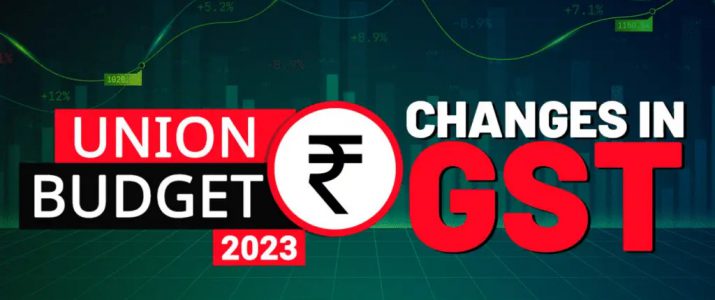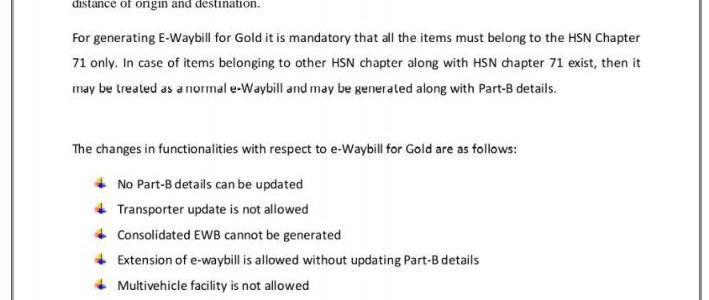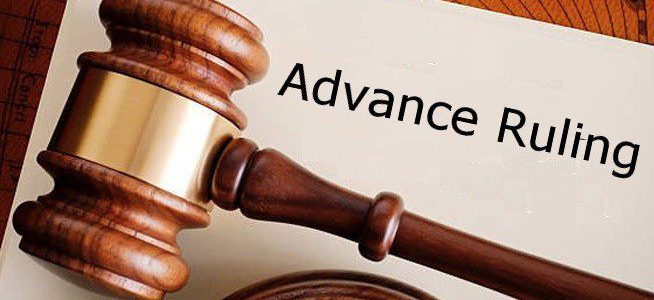Here is a summary of amendments proposed by the Union Budget in GST :
1. ITC Denied on goods or services procured for Corporate Social Responsibility (CSR)
- ⦁ Union budget, 2023-24 has proposed to restrict the ITC on goods and services procured for Corporate Social Responsibility.
- ⦁ However, so far, companies are entitled to take such ITC unless the same is restricted under any other clause.
2. Amendments on offenses and Compounding provisions
- ⦁ Following offenses has been decriminalized under section 132 of CGST Act:
- ⦁ obstructs or prevents any officer in the discharge of his duties under this Act;
- ⦁ tampers with or destroys any material evidence or documents;
- ⦁ fails to supply any information which he is required to supply under this Act
- ⦁ The minimum and maximum amounts for compounding of offences reduced to 25 per cent and 100 per cent of tax involved, respectively.
3. Penalties on e-commerce operators (Section 122 of CGST Act)
- ⦁ Specific penalty provisions has been incorporated for e-commerce operator if it:
- ⦁ Allows supply of goods or services by unregistered person through it, other than persons who are specially exempted, or
- ⦁ Allows inter-State supply of goods or services or both by a person who is not eligible to make such supply; or
- ⦁ Fails to furnish correct information in TCS return
- Defaulting e-commerce operator shall be liable to pay penalty of higher of following amounts:
- ⦁ INR 10,000; or
- ⦁ Amount of tax involved
4. Maximum time limit specified to file GST Returns
- ⦁ Till date, a registered person is allowed to file pending GST returns (GSTR-1, GSTR-3B, GSTR-9, GSTR-9C or any other GST returns) with applicable interest and penalties without any limit of period.
- ⦁ Union budget has proposed to impose time limit of 3 years from due date for filing of following returns:
- ⦁ GSTR-1: Return of outward supplies
- ⦁ GSTR-3B: Return of summary of outward and inward supplies and corresponding tax payable
- ⦁ GSTR-9: Annual return
- ⦁ GSTR-9C: ITC Reconciliation
- ⦁ GSTR-8: TCS Return
- ⦁ Such a period of 3 years can be further extended by the government.
5. Extension of Composition Scheme to taxpayer selling through e-commerce operator
- ⦁ As per Section 10(2) and (2A) of CGST Act, a registered person engaged in making supply of goods through e-commerce operators is not entitled to opt for composition scheme.
- ⦁ Union budget has proposed to extend the facility of composition scheme to such dealers as well.
6. Other Amendments:
- 1. It has been clarified that Entry No. 7, High seas sales, and Entry No. 8, supply of goods from bonded warehouses before clearance for home consumption, are effective from 01.07. 2017 itself. Further, no refund shall be granted of tax collected in pursuance of such entries so far.
- 2. In definition of “online information and database access or retrieval services’ (‘OIDAR’), condition of “essentially automated and involving minimal human intervention” has been removed.
- 3. Where both supplier and recipients are located in India, place of supply In case of transportation of goods to outside India was “designation of goods”. Such provision has been omitted and now in such case, place of supply will be:
- a. B2B Supplies: Location of Recipient of service
- b. B2C Supplies: Place where goods are handed over for transportation
- 4. Power granted to prescribe the manner and conditions for computation of interest in case of delayed refunds.
- 5. Power is granted to the GST portal to share information provided by taxpayers with other systems notified by the Government. Such details to be shared post obtaining consent of supplier/recipient as applicable.
The contents of this article are solely for informational purpose. It does not constitute professional advice or recommendation of firm. Neither the author nor firm and its affiliates accepts any liabilities for any loss or damage of any kind arising out of any information in this article nor for any actions taken in reliance thereon.


